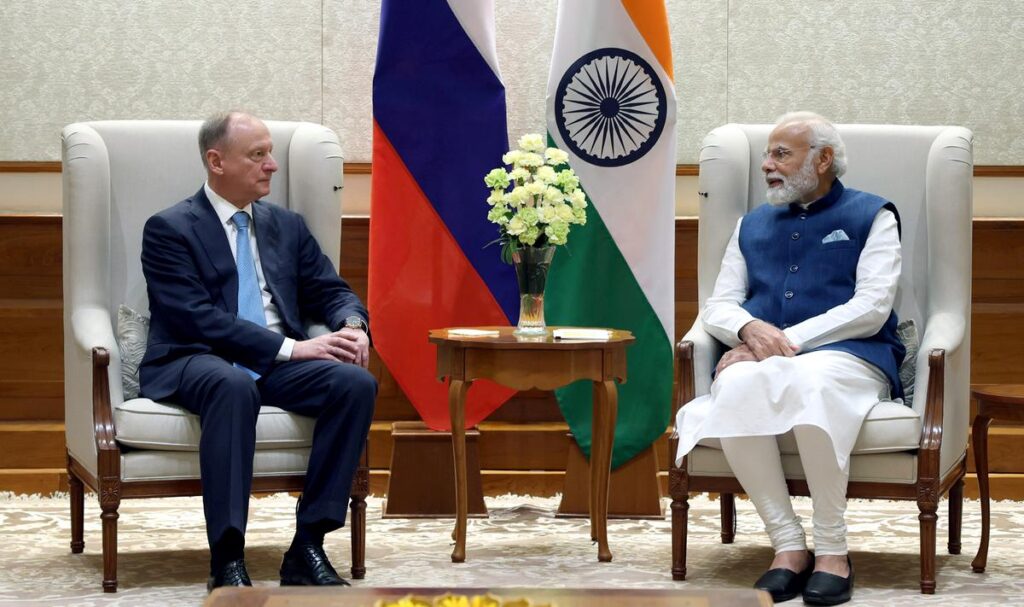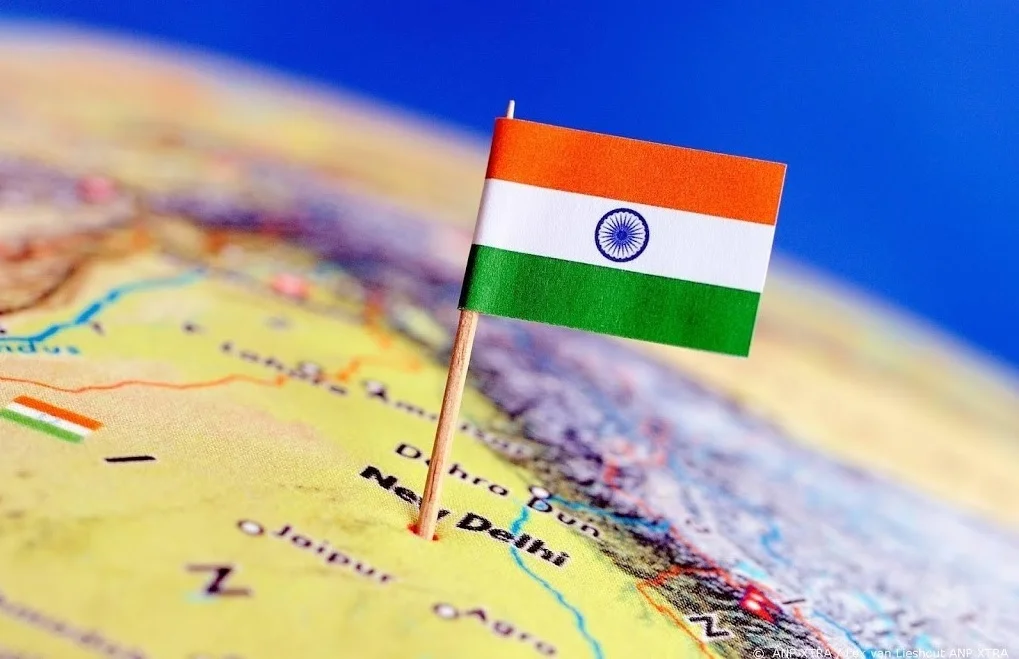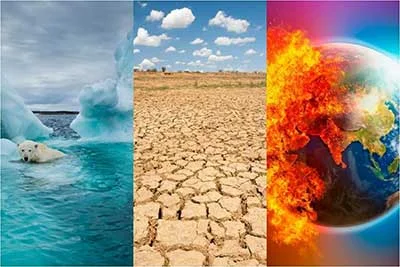India’s Foreign Policy: India’s foreignpolicy has always been a subject of great debate and scrutiny. With its complex geopolitical landscape and ever-evolving relationships with other countries, understanding India’s position on international affairs can be a daunting task. In this blog article, we will delve deeper into the nuances of India’s foreignpolicy, exploring the challenges, opportunities, and strategic decisions that shape the country’s diplomatic engagement on the global stage.
Historical Context for India’s Foreign Policy:
India’s foreign policy has been shaped by numerous historical, cultural, and strategic factors. From its non-aligned stance during the Cold War to its growing importance in the Asia-Pacific region, India’s approach to international relations has evolved significantly over the years. The country’s proximity to major powers like China and Pakistan, as well as its status as a nuclear-weapon state, further complicates its foreign policy decisions.
Strategic Partnerships for India’s Foreign Policy:

One of the key aspects of India’s foreign policy is its strategic partnerships with other countries. From the United States to Russia, Japan to Australia, India has developed relationships with a variety of countries to advance its economic, security and diplomatic interests. These partnerships offer India opportunities for trade, investment, technology transfer and security cooperation, but also come with their own challenges and complexities.
Regional Dynamics:
India’s foreign policy is also heavily influenced by its relations with its neighbours in South Asia and beyond. From its long-standing hostility with Pakistan to China’s growing influence in the region, India’s strategic calculations are often shaped by those of its immediate neighbours. Balancing its own interests with regional dynamics, India must navigate a complex web of relationships to maintain stability and security in South Asia.
Global Challenges:
In an increasingly interconnected world, India’s foreignpolicy must address a range of global challenges, from climate change to terrorism, from trade disputes to pandemics. As a major player on the world stage, India’s diplomatic engagements can have far-reaching implications for global security, economic stability and geopolitical dynamics. By actively engaging with international institutions and multilateral forums, India seeks to shape the global agenda and advance its own strategic interests.
India’s foreign policy reflects its unique position in the world, balancing its own national interests with global challenges and opportunities. By carefully navigating the complexities of international relations, India can play a significant role in shaping the future of the global order. As the country ushers in a new era of diplomacy and engagement, understanding the nuances of India’s foreignpolicy will be important for policymakers, analysts, and citizens alike.
Read Also: The Future of Transportation
![]()






One thought on “India’s Foreign Policy”